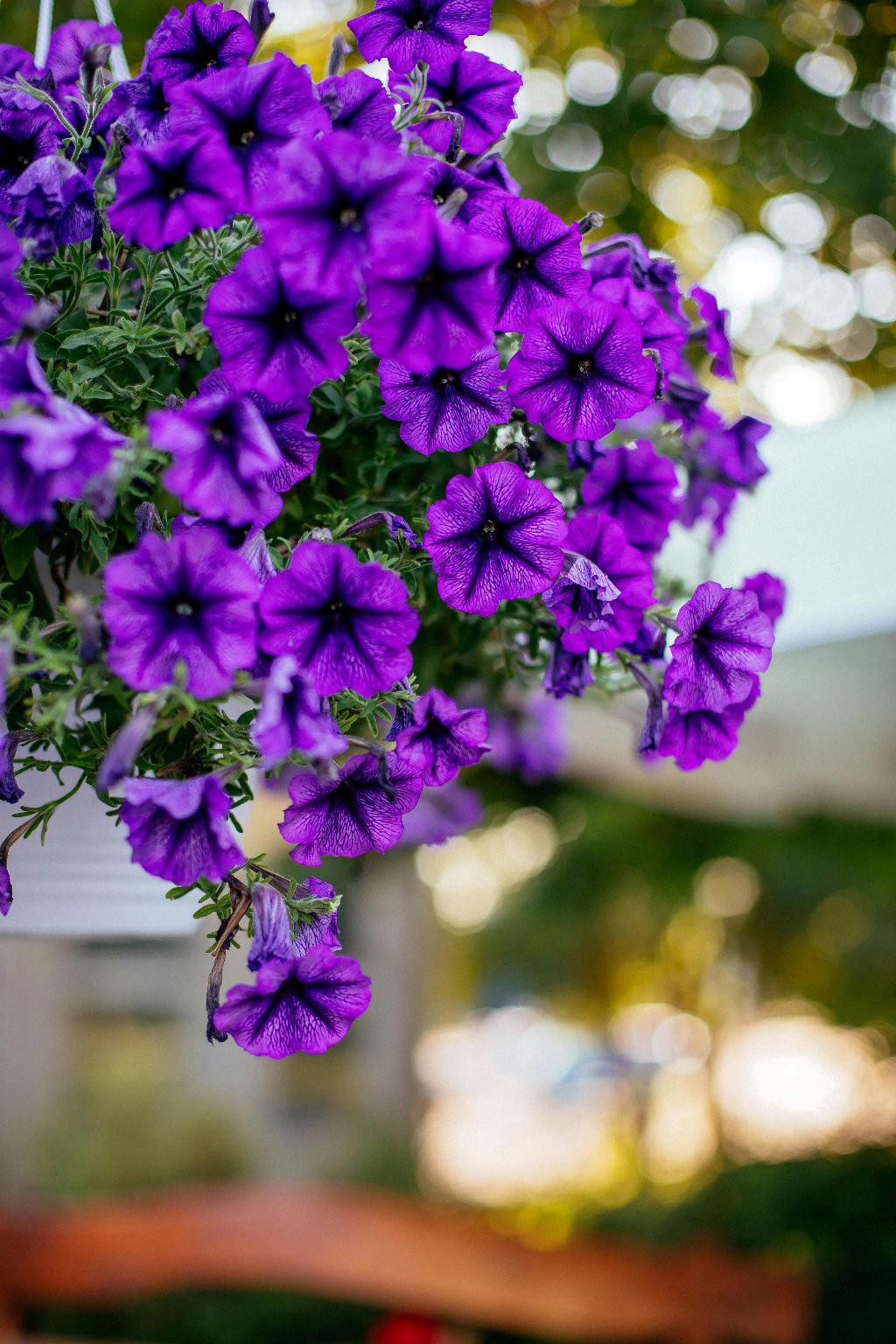When it comes to the question of whether petunias are perennials, the answer is not a straightforward yes or no. Petunias are classified as tender perennials, meaning that they have the potential to come back year after year, but their longevity is highly dependent on specific conditions.
One critical factor that determines whether petunias will behave as perennials is the climate in which they are grown. Petunias are known for their aversion to cold temperatures, with most varieties not tolerating anything below 40 degrees Fahrenheit. This makes them more commonly grown as annuals in regions with cooler climates, as they will not survive the winter frost.
However, if you happen to reside in a USDA Plant Hardiness Zone that rarely experiences freezing temperatures, such as Zones 10 or 11, you may be able to successfully cultivate petunias as short-lived perennials. In such regions, where the climate remains mild year-round, petunias can potentially last for a couple of years, giving you the joy of their vibrant blooms for an extended period.
It is important to note that even in warmer climates where petunias can technically behave as perennials, their longevity may still be limited. These flowers are generally not considered long-lived perennials compared to other garden plants that can thrive for many years without needing replanting.
Another key consideration when determining the perennial nature of petunias is the specific variety being grown. While most petunias are tender perennials, there are certain cultivars that have been bred specifically for their hardiness and ability to withstand a wider range of temperatures.
When selecting petunias for your garden with the intention of having them return year after year, it is advisable to choose varieties known for their perennial traits. These cultivars will have a better chance of surviving beyond a single growing season, allowing you to enjoy their beauty for a more extended period.
In addition to climate and variety, the care and maintenance practices adopted for petunias can also impact their ability to function as perennials. Providing proper soil, adequate sunlight, regular watering, and appropriate fertilization are essential steps in promoting the longevity of these plants.
Regular deadheading of faded blooms and occasional pruning to encourage new growth can also contribute to the overall health and vigor of petunias, potentially extending their lifespan as perennials. By staying proactive in the care of your petunias, you increase the likelihood of seeing them return year after year.
While the classification of petunias as perennials may be subject to certain conditions and considerations, there is no denying the allure and charm they bring to any garden setting. Whether grown as annuals to add bursts of color for a single season or nurtured as perennials for lasting beauty, petunias remain a beloved choice for gardeners of all levels.
In conclusion, the determination of whether petunias are perennials ultimately hinges on factors such as climate, variety, and care practices. While they possess the potential to return year after year in suitable conditions, the label of perennial may not apply universally to all petunia plants. By understanding the nuances of petunia cultivation and tailoring your approach accordingly, you can maximize the chances of enjoying these delightful flowers for an extended period in your garden.

